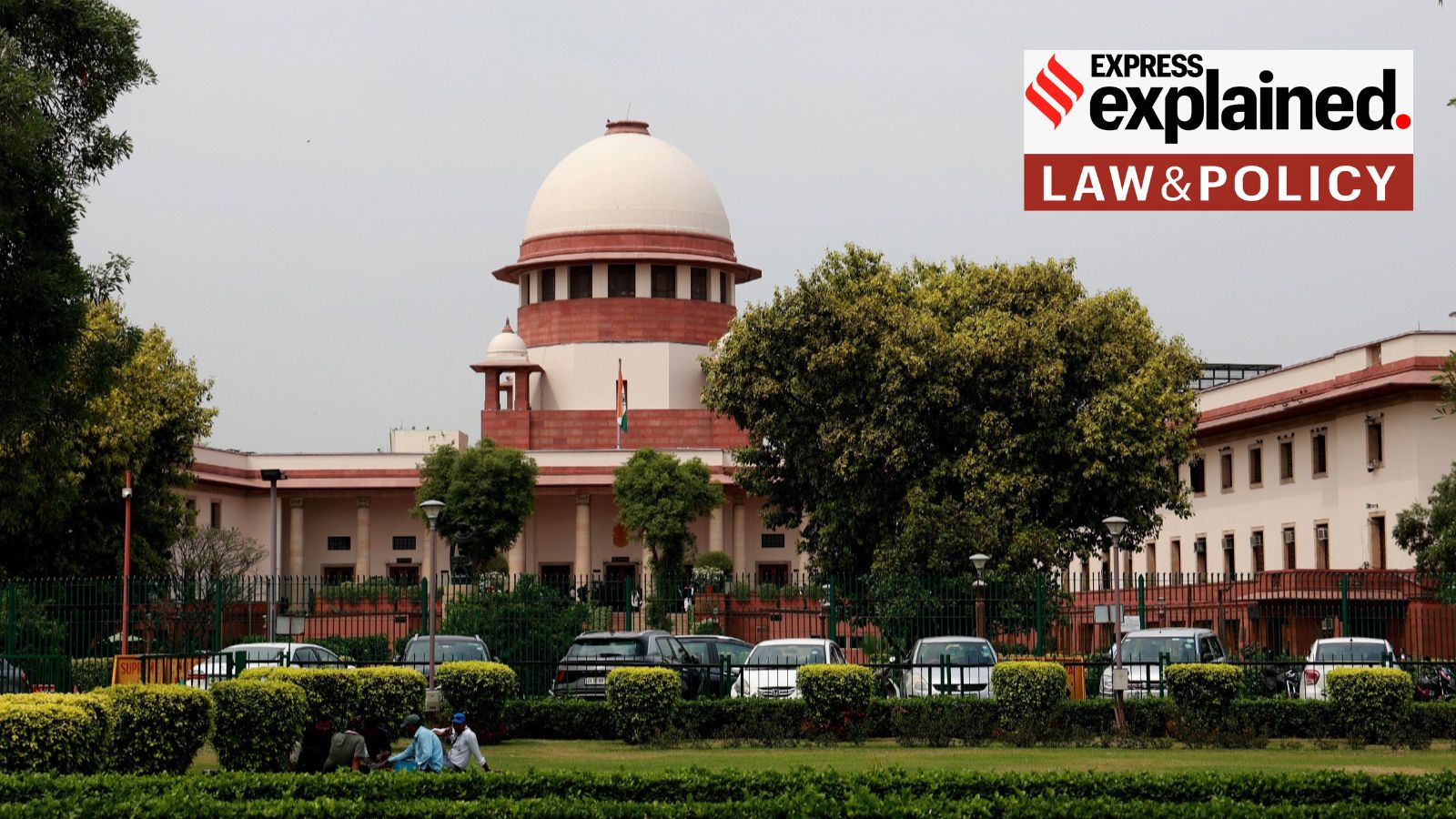 |
|
The Supreme Court of India, in a landmark judgment delivered on October 3, 2023, has struck down a series of discriminatory rules found within prison manuals across multiple Indian states. These rules, deemed to be reinforcing caste differences and targeting marginalized communities, were challenged by journalist Sukanya Shantha, who brought forth a comprehensive plea highlighting the discriminatory practices embedded within the manuals.
The Court's judgment, spanning 148 pages and authored by Chief Justice of India D Y Chandrachud, meticulously scrutinized the challenged provisions. It highlighted how these rules, primarily related to the classification of prisoners and the assignment of work based on such classifications, perpetuated caste-based labor divisions and reinforced social hierarchies, thereby violating the fundamental rights of prisoners. The Court cited specific examples, such as the Madhya Pradesh Jail Manual of 1987, which explicitly assigned latrine cleaning work to prisoners belonging to the 'Mehtar' caste, a Scheduled Caste community. Such assignments were deemed to perpetuate a system of untouchability within prison walls.
The Court's judgment delved into the historical context of these discriminatory practices, tracing their origins to the colonial era and the infamous Criminal Tribes Act of 1871. This Act, enacted by the British Raj, enabled the categorization of communities as 'criminal tribes' based on stereotypical assumptions about their inherent criminality. This categorization led to draconian restrictions, including forced settlements, constant surveillance, and arbitrary arrests without warrants. While the Act was repealed in 1952, its legacy continues to permeate the prison system through the classification of 'habitual' and 'non-habitual' criminals, which disproportionately targets former 'criminal tribes' now known as 'denotified tribes'. The Court pointed to rules in various states, including Madhya Pradesh, Andhra Pradesh, Tamil Nadu, and Kerala, which perpetuate these colonial stereotypes by allowing for the designation of individuals as 'habitual criminals' based on their supposed predisposition to criminal activity, even without prior convictions.
The Court's judgment meticulously analyzed how these rules violate a host of fundamental rights enshrined in the Indian Constitution. The right to equality, guaranteed by Article 14, was found to be violated by the segregation of prisoners based on caste, which reinforces caste-based discrimination and hampers equal opportunities for rehabilitation. Article 15, prohibiting discrimination on the basis of caste, was also violated, both directly through the assignment of menial work to marginalized castes and indirectly through the perpetuation of stereotypes that limit their opportunities. Article 17, abolishing untouchability, was found to be violated by the very existence of rules that assign 'degrading or menial' duties based on caste.
The right to life with dignity, guaranteed by Article 21, was also deemed to be violated by these rules. The Court argued that these rules hinder the rehabilitation of prisoners from marginalized communities and deny them the dignity and expectation of equal treatment. Lastly, the Court concluded that these rules violate Article 23, which prohibits forced labor. The assignment of 'undesirable' work to marginalized communities based on their caste constitutes forced labor, as it forces them to perform tasks deemed 'impure' or 'low-grade'.
The Supreme Court's judgment has far-reaching implications for the Indian prison system. It mandates that states and union territories revise their prison manuals within three months to eliminate discriminatory provisions. The Court has also directed the central government to amend the Model Prison Manual 2016 and the draft Model Prisons and Correctional Services Act, 2023 to address caste discrimination within the prison system. This landmark decision represents a significant step towards ensuring equality and justice within the prison system and dismantling the legacy of caste-based discrimination and colonial stereotypes that continue to plague India.
Source: Why did the Supreme Court strike down discriminatory rules across state prison manuals?
